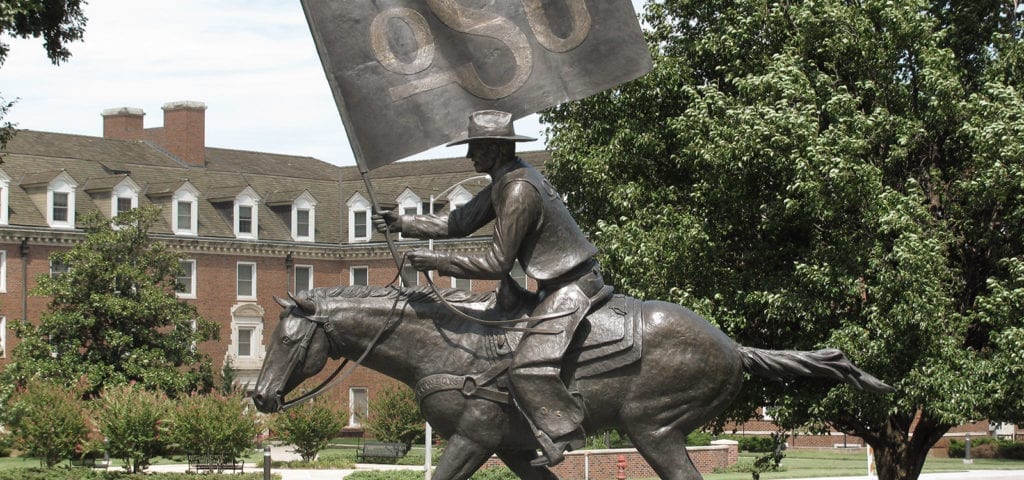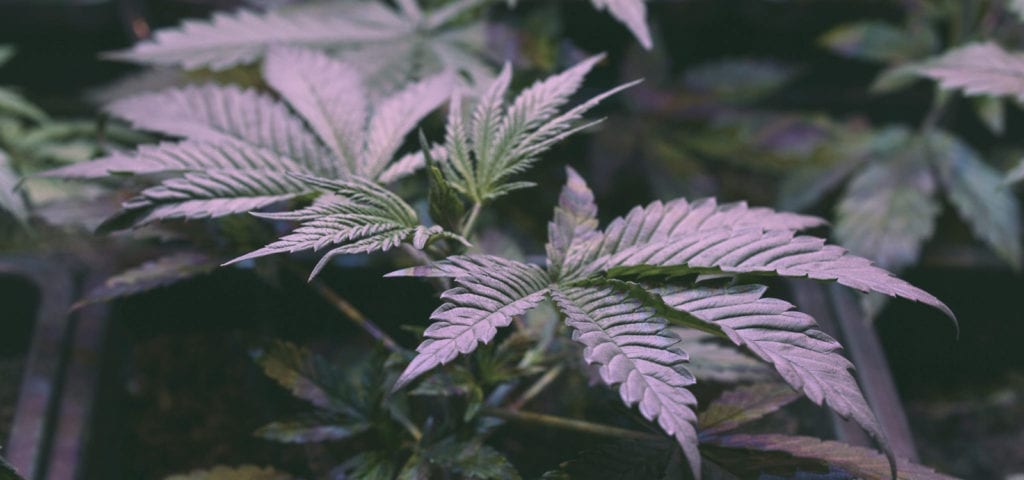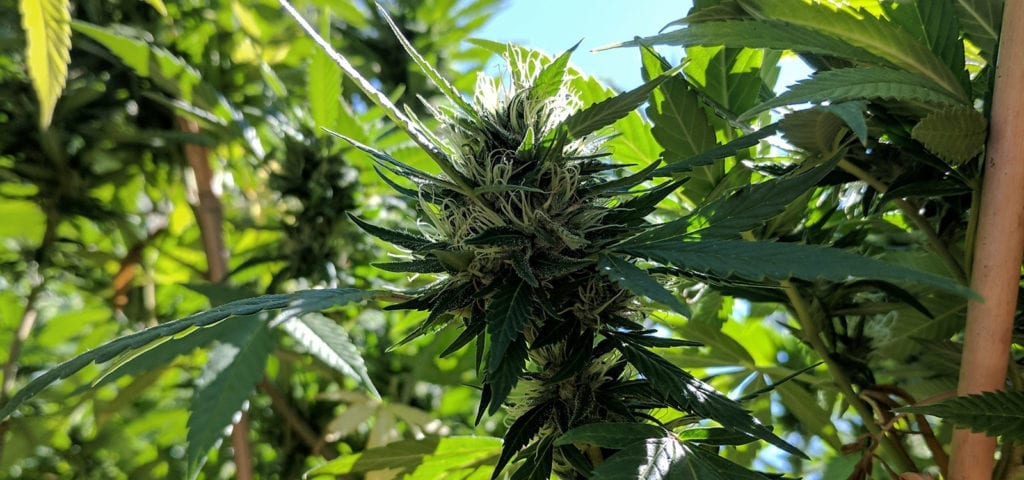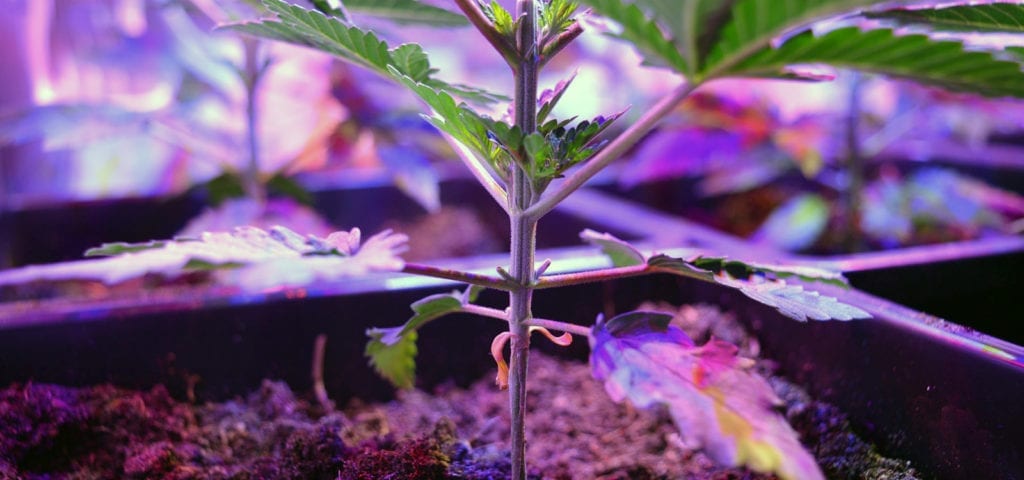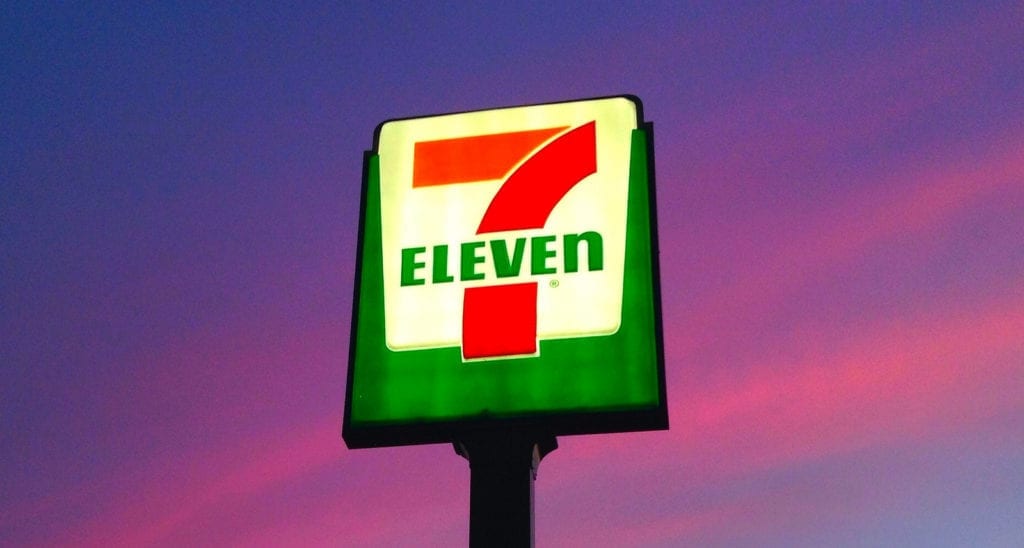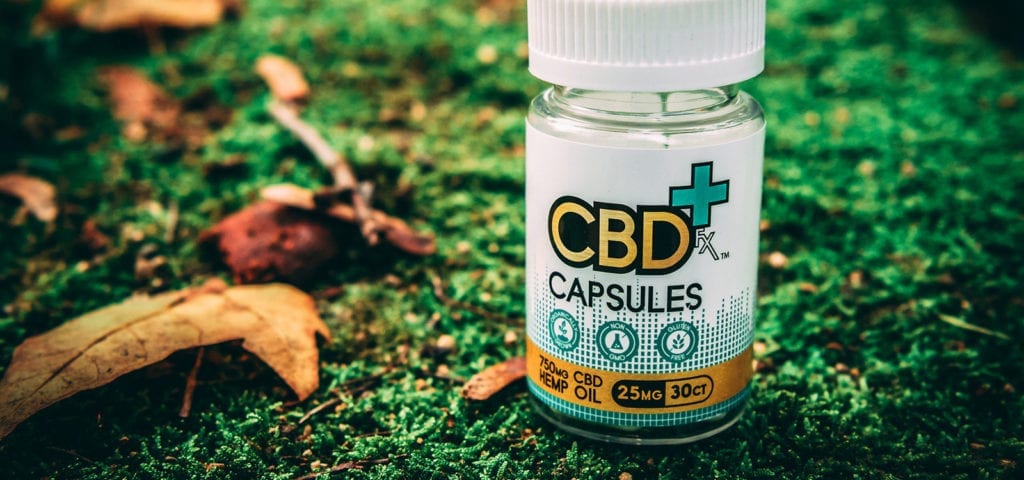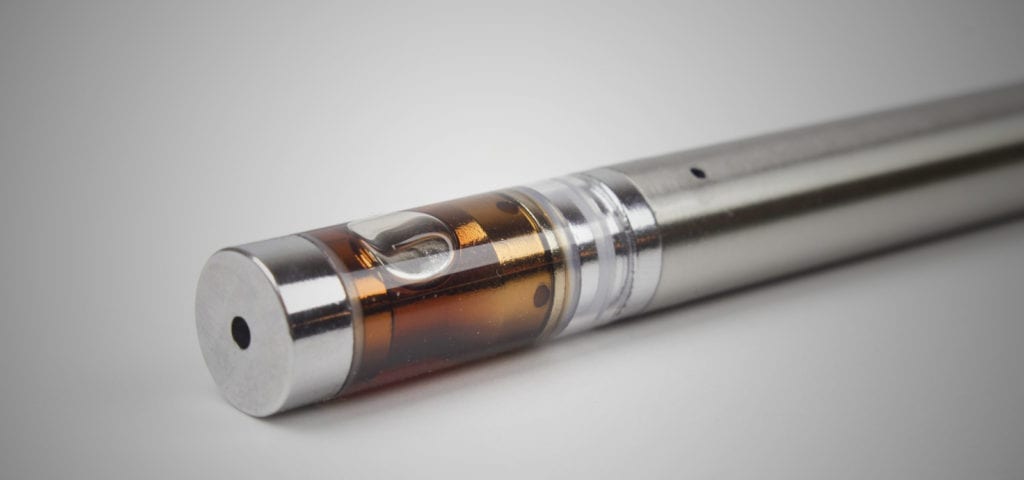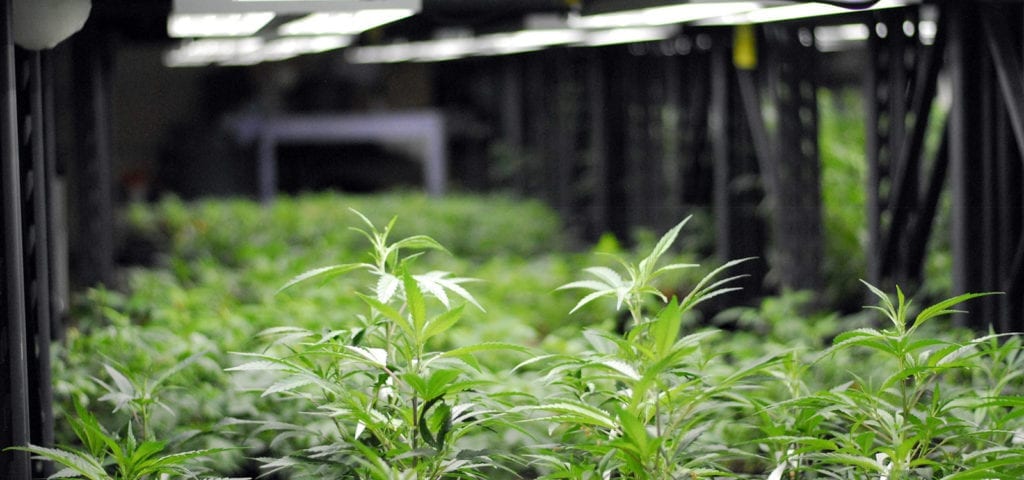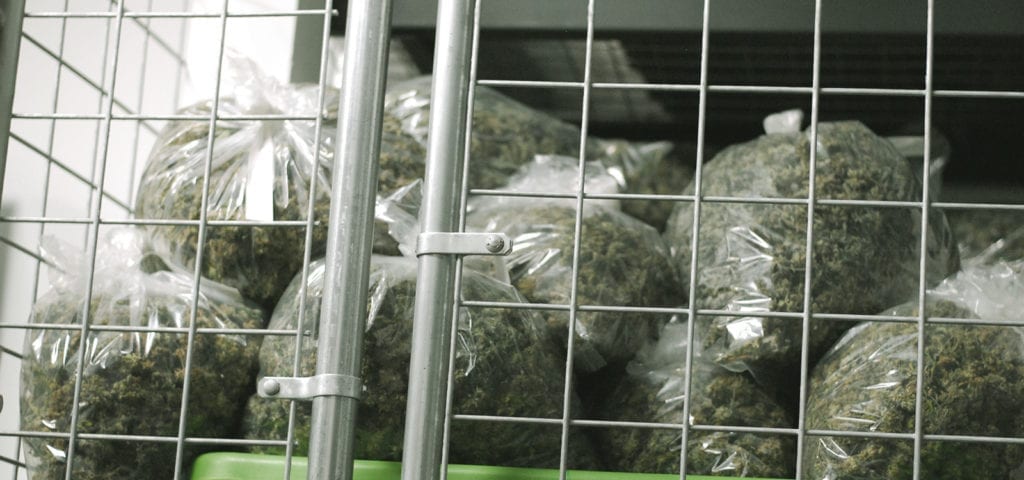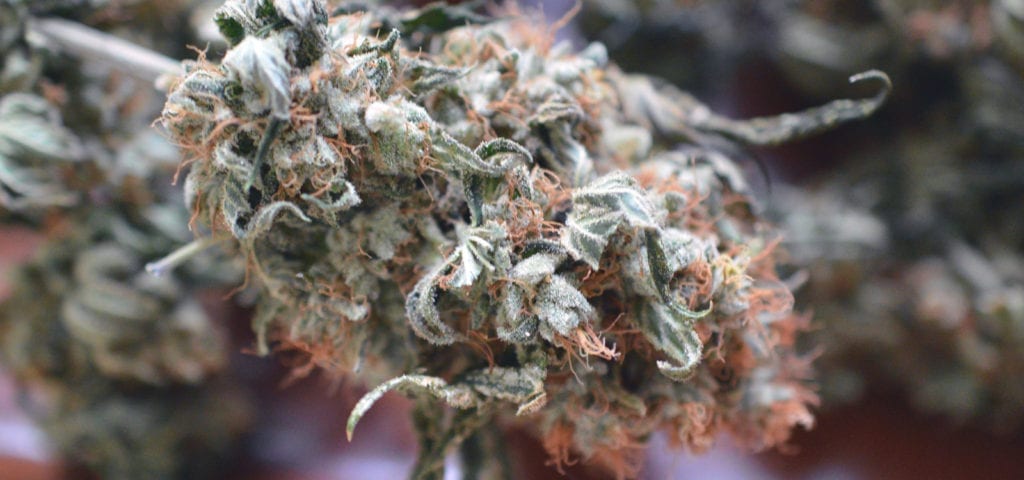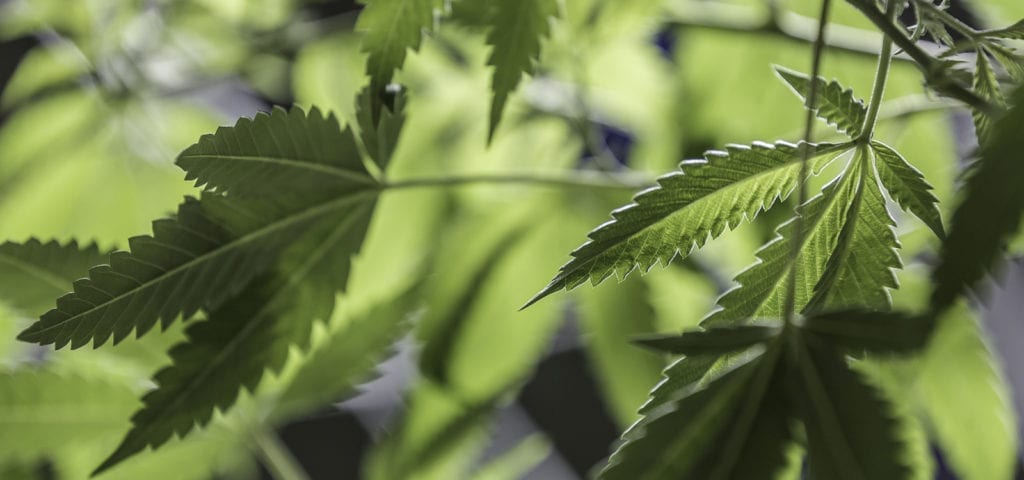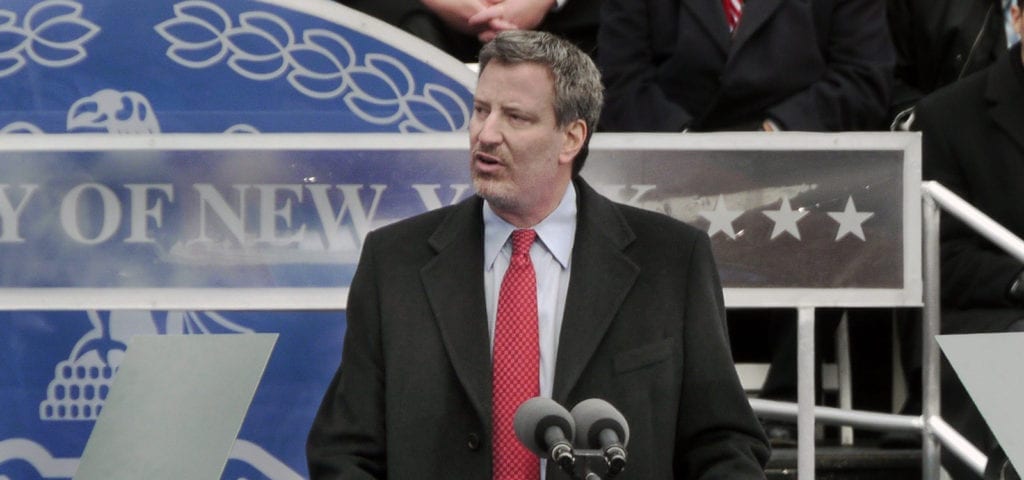Oklahoma State University, the state’s largest agricultural college, will not participate in the inaugural hemp pilot program because the law was passed too late in the year for school officials to develop a plan for the program, News9 reports. The bill was signed into law in late April and required 30-day notice in an application for universities to participate which, according to OSU Plant and Soil Sciences Director Dr. Jeff Edwards, didn’t provide enough time to get seed into the ground.
Edwards said the university plans to participate in the program next year and officials would spend the next six months deciding which aspects of the crop they would research.
“Do we need to devote our time to end markets, end uses, the agronomic production, all of the above? And we also need to look for funding opportunities as well.” – Edwards to News9
The university is currently accepting applications from potential subcontractors for the 2019 program. According to the form, the school is seeking research collaborators, cultivators, harvesters, processors, research dollars, and industrial partners.
So far, Pawnee Nation College and Langton University have confirmed that they will participate in the program this year. Pawnee Nation College is working with Oklahoma-based CBD producer Can-Tek Labs to transport its strains from Colorado.
End
